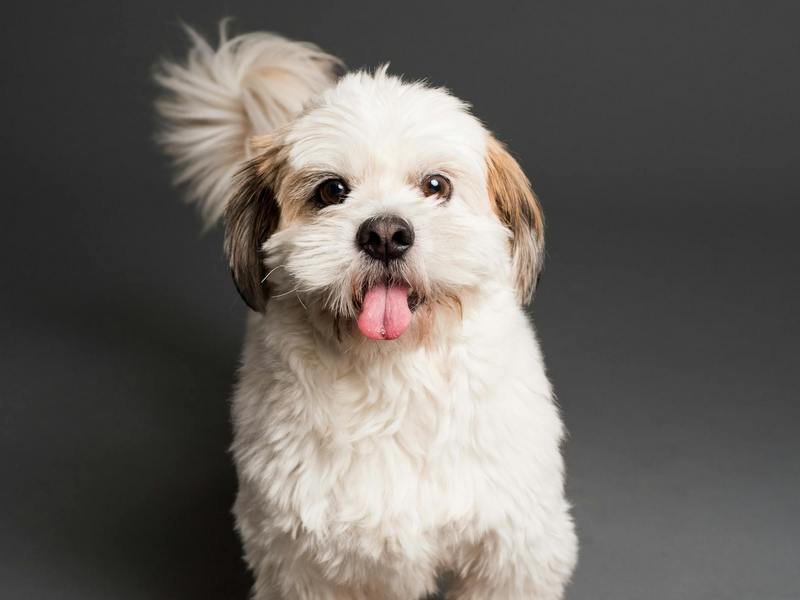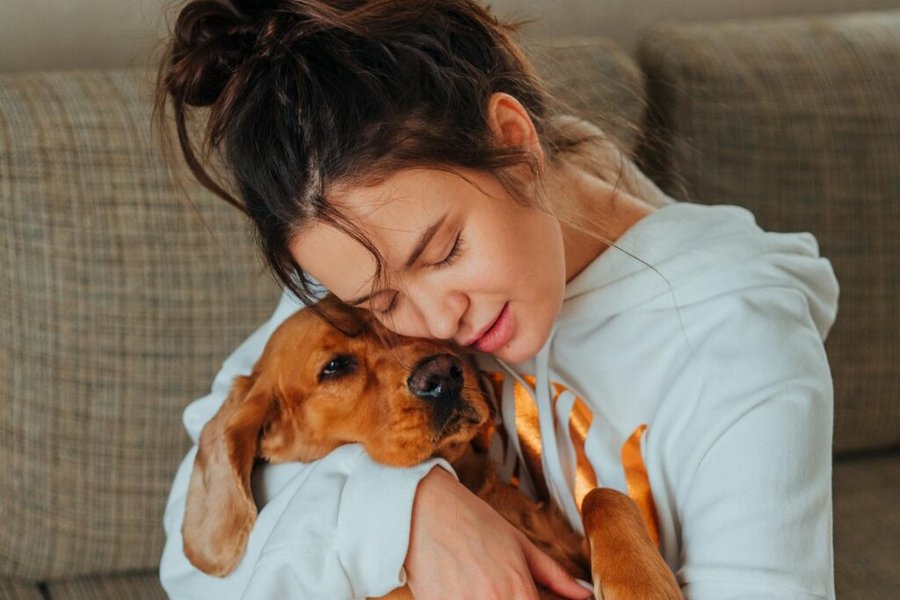What are the causes of dog hiccups?
Dog hiccup/cough are caused by spasms in the diaphragm, which make the glottis close and produce the familiar hiccup sound, just like in humans. However, the causes of dog hiccups can vary. Therefore, understanding these common causes can help you manage your dog’s hiccups and reduce their frequency.
1. Eating Spicy Foods
Spicy foods can trigger hiccups in humans, and can be one of the causes of dog hiccups. Capsaicin, the active component in spicy foods, stimulates the nerves in the diaphragm, leading to hiccups.
If your dog gets a taste of something spicy, like chicken wings, they might start hiccupping. From personal experience, I’ve seen my dogs get into my spicy snacks, leading to their own hiccup fits.

2. Eating or Drinking Too Quickly
One of the most frequent causes of dog hiccups is eating or drinking too quickly. Specifically, when a dog gulps down food or water rapidly, they often swallow air along with it, which can trigger hiccups. Similarly, this can occur if they suddenly inhale a large amount of air.
To address this, using slow feeder bowls can help manage this issue and prevent more serious conditions, such as bloat.
3. Over excitement or Stress
Dogs can get hiccups from stress or excitement. When a dog’s heart rate and cortisol levels rise, it can irritate the diaphragm, causing hiccups. Dogs may also take shorter, shallow breaths during these times. For instance, my pit bull experiences hiccups during bouts of separation anxiety, which can be quite alarming.
4. Gas Build-Ups
Gas build-ups in a dog’s stomach can also cause hiccups. This is the body’s way of releasing the excess gas. Although gas build-ups can result from diet changes or certain medical conditions, frequent hiccups might indicate an underlying issue like cancer or IBS. If this happens often, consult a vet to rule out serious problems.
5. Certain Medications
Certain medications can cause hiccups as a side effect. For example, antibiotics, benzodiazepines, and corticosteroids are known to sometimes induce hiccups.
Therefore, if your dog is on these medications, it is crucial to discuss potential hiccup side effects with your vet. While typically the hiccups will be brief, persistent hiccups, however, could indicate more serious conditions, such as asthma, heatstroke, pneumonia, pericarditis, or esophageal tumors.
If your dog’s hiccups persist for more than an hour or are accompanied by labored breathing, seek veterinary advice immediately. It’s important to address any ongoing hiccups promptly to ensure your dog’s health and well-being.
Should Dog Owners Worry About Dog Hiccups?

Dog hiccups usually resolve on their own within a few minutes but can last up to an hour in more severe cases.
If your dog’s hiccups are persistent or causing discomfort, it’s important to address the underlying cause before trying remedies. Here are some strategies to consider:
1. Relax Your Dog
Creating a calm environment can help stop hiccups. Comfort your dog with soothing actions like belly rubs or encouraging them to lie down. This can reduce stress and help alleviate the hiccups.
2. Offer Milk or Water
If spicy foods are the culprit, milk can help break down capsaicin and stop the hiccups.
For diaphragm irritation, water can cool your dog and restore their breathing pattern. Both are effective and easy solutions.
3. Provide causes of dog Hiccups – Preventive Foods
Feeding your dog small amounts of bread, rice, or grains can help by putting gentle pressure on their diaphragm, which can reduce hiccups.
Liquid sweeteners like honey or maple syrup can also be effective, but avoid solid sweets or anything with xylitol.
4. Use Slow Feeder Bowls
If your dog often eats too quickly, a slow feeder bowl can help reduce hiccups and prevent issues like bloat. Products like the Leashboss Flat Face bowl are excellent for controlling your dog’s eating pace.
Addressing the cause of your dog’s hiccups with these methods can help manage the issue and ensure your pet stays comfortable.




